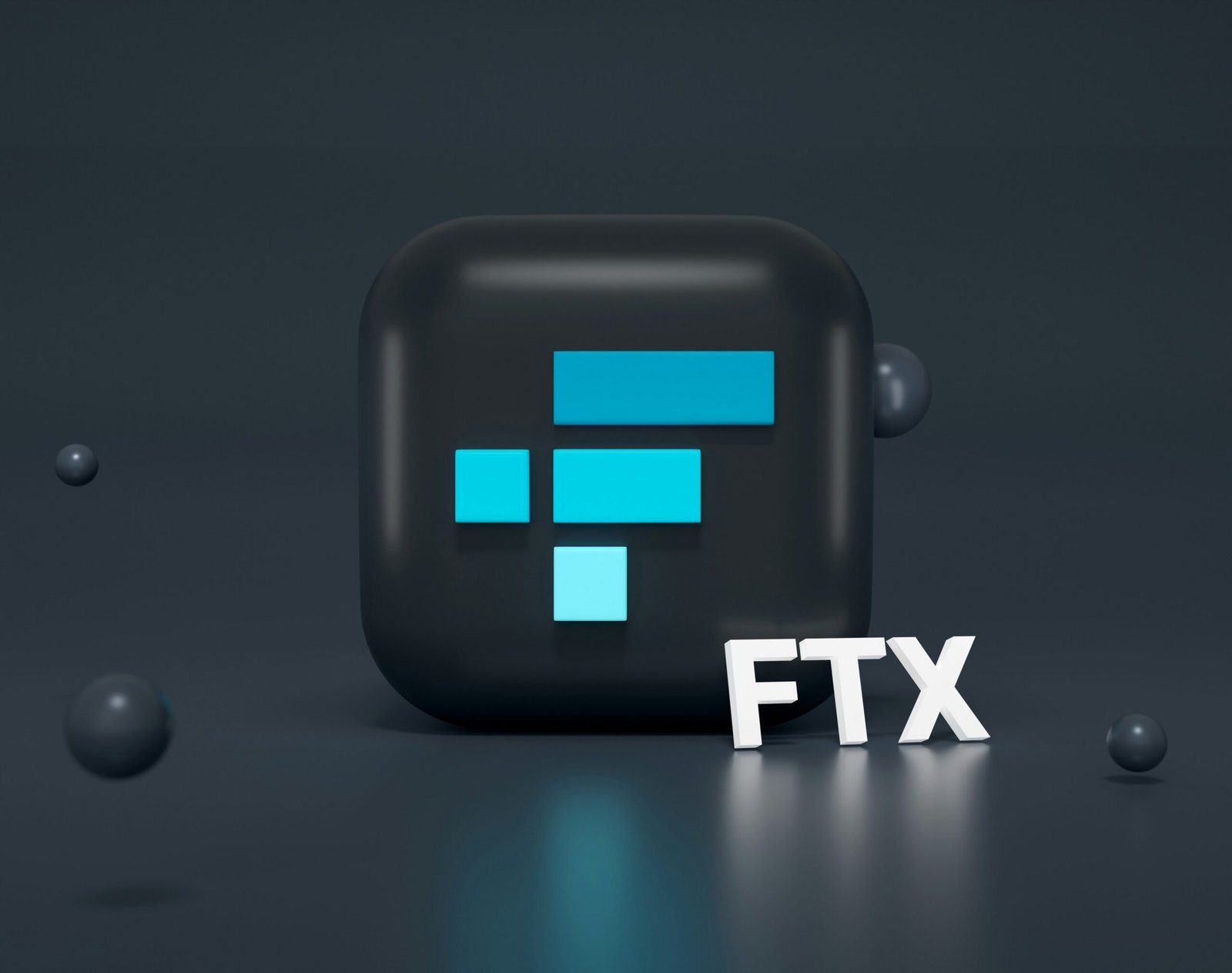Have you ever wondered how to safely store your cryptocurrencies and choose the best wallet for your needs? With the growing popularity of cryptocurrencies, having a secure place to store your digital assets is crucial. However, with numerous options available, selecting the perfect crypto wallet can seem like a daunting task. This guide will walk you through everything you need to know to make an informed decision.

Understanding Cryptocurrency Wallets
Cryptocurrency wallets are software programs or physical devices that allow you to store, send, and receive digital currencies like Bitcoin, Ethereum, and many others. Unlike traditional wallets that hold physical currency, crypto wallets store your digital keys. These keys are essential for accessing your cryptocurrencies. Understanding the differences between wallet types can significantly impact your security and user experience.
Key Terms to Know
Before diving into wallet types, let’s clarify some important terminology:
- Public Key: Similar to an account number, this key can be shared with others to receive cryptocurrencies.
- Private Key: Think of this as your password. It’s crucial to keep this secure, as anyone with your private key can access your funds.
- Address: Derived from your public key, this is what you share to receive cryptocurrency.
Types of Cryptocurrency Wallets
There are several types of crypto wallets, each offering unique features and varying levels of security. Choosing the right one depends on your specific needs and preferences.
Hardware Wallets
Hardware wallets are physical devices designed to store your private keys offline. This makes them immune to online attacks. These wallets are considered among the most secure options for storing cryptocurrencies.
Pros:
- High security level.
- Offline storage protects against hacks and malware.
Cons:
- Can be expensive.
- May not be as convenient for frequent transactions.
Popular hardware wallets include Ledger Nano S, Ledger Nano X, and Trezor.
Software Wallets
These wallets function on your computer or smartphone. They are more convenient for frequent transactions but potentially less secure than hardware wallets, as they’re connected to the internet.
Desktop Wallets
Desktop wallets are installed on your computer and offer control over your keys.
Pros:
- Full control over your private keys.
- Easy to use.
Cons:
- Vulnerable to malware and viruses.
Popular desktop wallets include Electrum, Exodus, and Atomic Wallet.
Mobile Wallets
Mobile wallets run on smartphones. They are perfect for users who need to manage their funds on the go.
Pros:
- Convenient and user-friendly.
- Suitable for daily transactions.
Cons:
- Vulnerable to malware attacks.
- Limited space and features compared to desktop wallets.
Popular mobile wallets include Trust Wallet, Mycelium, and Coinomi.
Online Wallets
Also known as web wallets, these are hosted in the cloud and accessible via any internet-connected device. They offer high convenience but at the cost of security.
Pros:
- Highly accessible.
- Easy to use for beginners.
Cons:
- Rely on a third-party service for security.
- Prone to phishing attacks and hacks.
Popular online wallets are Coinbase and Blockchain.com.
Paper Wallets
A paper wallet is a physical document containing your public and private keys. It’s one of the simplest forms of offline storage.
Pros:
- Completely offline.
- Immune to online hacking.
Cons:
- Vulnerable to physical damage and loss.
- Requires manual handling for transactions, which can be cumbersome.

Factors to Consider When Choosing a Crypto Wallet
When selecting a crypto wallet, it’s essential to consider several factors beyond just the type. Here are the key aspects to think about:
Security
The safety of your funds should be your top priority. Look for wallets with robust security features such as two-factor authentication, multi-signature support, and encryption. Hardware wallets typically offer the highest level of security.
User Experience
Consider your familiarity with cryptocurrency technology. If you’re a beginner, look for a wallet with a user-friendly interface and good customer support. More advanced users may prefer wallets with additional features and customization options.
Supported Cryptocurrencies
Make sure the wallet supports the specific cryptocurrencies you want to store. While most wallets cover major coins like Bitcoin and Ethereum, they may not support every altcoin.
Cost
Wallets can range from free to several hundred dollars. Weigh the features and security against the cost to find the best value. While online and software wallets are typically free, investing in a hardware wallet may be worthwhile for enhanced security.
Reputation and Reviews
Research different wallets and read user reviews to gauge reliability and performance. Opt for wallets with a strong track record and positive feedback within the crypto community.

Cryptocurrency Wallets: Security Best Practices
Regardless of the wallet type you choose, adopting security best practices is critical for safeguarding your crypto assets.
Regularly Update Your Wallet
Keep your wallet software up to date to protect against vulnerabilities and bugs. Most developers release updates to enhance security and performance, so installing these updates promptly is crucial.
Back Up Your Wallet
Regular backups of your wallet’s private keys or seed phrases are essential to prevent loss. Store backups in secure, separate locations to ensure access in case of device failure or loss.
Keep Your Private Keys Safe
Your private key is your digital signature for approving transactions. Never share it with anyone, and store it in a secure, offline location.
Enable Two-Factor Authentication
If your wallet supports it, enable two-factor authentication for an additional security layer. This requires an extra step, such as entering a code sent to your device, before accessing your wallet.

Comparing Different Wallet Options: A Brief Overview
Below is a comparison table to help you assess which wallet type might be best suited for your needs:
| Wallet Type | Security Level | Ease of Use | Accessibility | Cost |
|---|---|---|---|---|
| Hardware Wallet | High | Moderate | Low | High |
| Desktop Wallet | Medium | Moderate | Medium | Low or Free |
| Mobile Wallet | Medium | High | High | Free |
| Online Wallet | Low | High | High | Free |
| Paper Wallet | High (offline) | Low | Low | Low |

Conclusion
Choosing the right cryptocurrency wallet involves considering your security needs, level of expertise, and the specific digital currencies you wish to manage. Hardware wallets provide the highest security but are less convenient for daily use. In contrast, mobile and online wallets offer great ease of use but at a reduced level of security.
By evaluating your needs and researching your options, you’ll equip yourself to select a wallet that balances security, convenience, and cost, ensuring your digital assets remain protected. Remember, staying informed and following security best practices are keys to managing your cryptocurrencies safely and successfully.
By now, you should have a better understanding of how to choose the best crypto wallet for your needs. For any questions or further insights into cryptocurrency wallets, engaging with fellow users and experts in online forums can be incredibly helpful. Happy securing!
